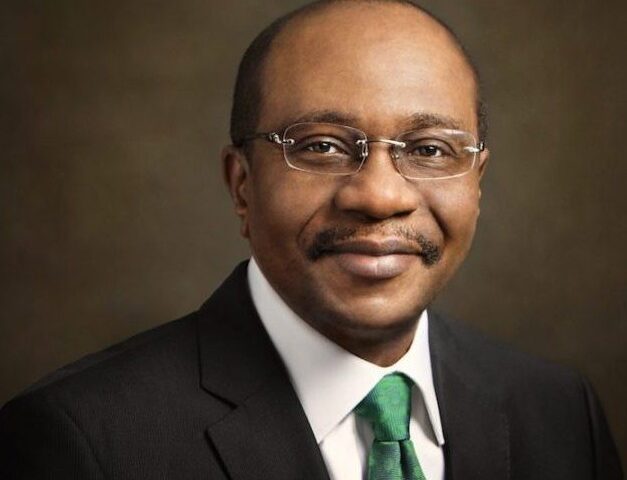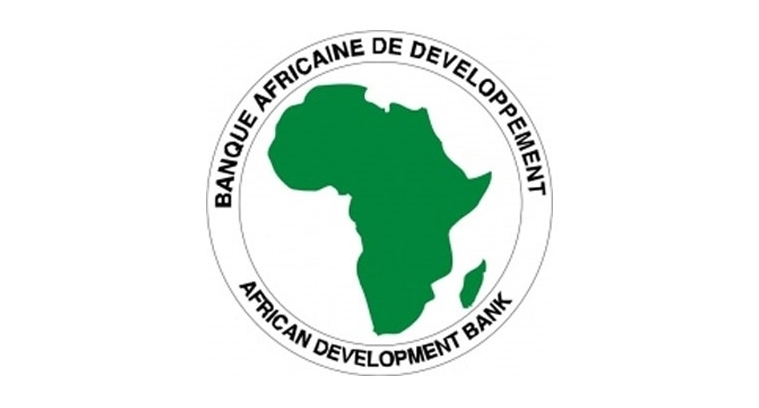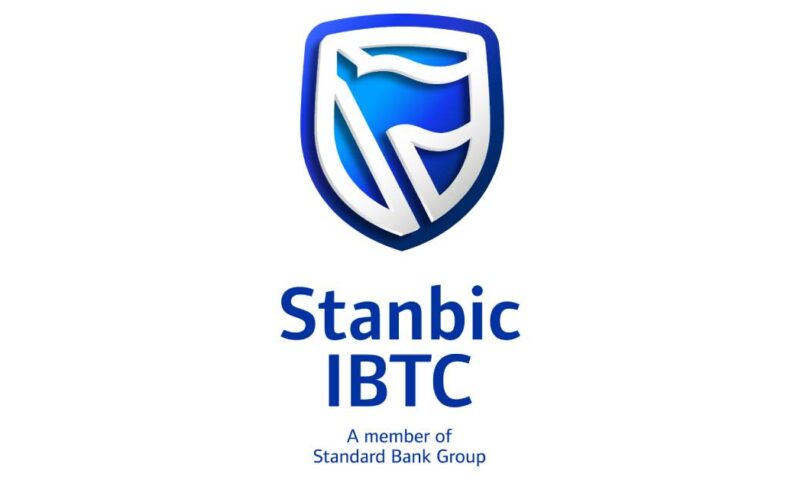Ecobank launches 5th Fintech challenge in 33 African markets…With $50,00 star price
By Favour Nnabugwu
Ecobank Group has launched the fifth edition of the Ecobank Fintech Challenge in it’s 33 African markets with a winning proce tag of $50,000 targeting African fintech startups.
Fintech companies and developers originating from any of Africa’s 54 countries, as well as global Africa-centered Fintechs, are eligible to enter.
Interested fintechs can submit their applications here. The applications close on 16 September 2022
Ten finalists will be inducted into the Ecobank Fintech Fellowship after the finals and awards ceremony which will take place in October 2022.
“Ecobank believes that the only way to transform financial services in Africa is for Pan-African banks like Ecobank to continually support and collaborate with innovative Fintechs and start-ups. We invite and welcome Africa’s best Fintechs to work with us through the 2022 Challenge.” Ade Ayeyemi, Chief Executive Officer, Ecobank Group, said.
In addition, all Fellows will qualify to explore opportunities with the Bank and its partners including an opportunity to pursue integration with Ecobank and potentially launch products in all or part of Ecobank’s pan-African 33-country ecosystem. Ecobank may also select some Fintechs as pan-African service partners within the Bank’s ecosystem.
Fellows will be given access to Ecobank’s APIs to test and improve their products for the pan-African market as well as priority access to Ecobank’s Venture Capital partners for funding exploration.
“The uniqueness of the Challenge is that it welcomes both early stage and mature start-up Fintechs alike and seeks to align them with different kinds of partnership opportunities within Ecobank that match their differing levels of maturity.” Dr. Tomisin Fashina, Operations and Technology Executive, Ecobank Group said.
The Ecobank Fintech Challenge was designed in partnership with an international advisory firm, Konfidants and is supported by partners across Africa and globally. So far 46 Fellows have been admitted into the Ecobank Fintech Fellowship programme since it was launched in 2017.









